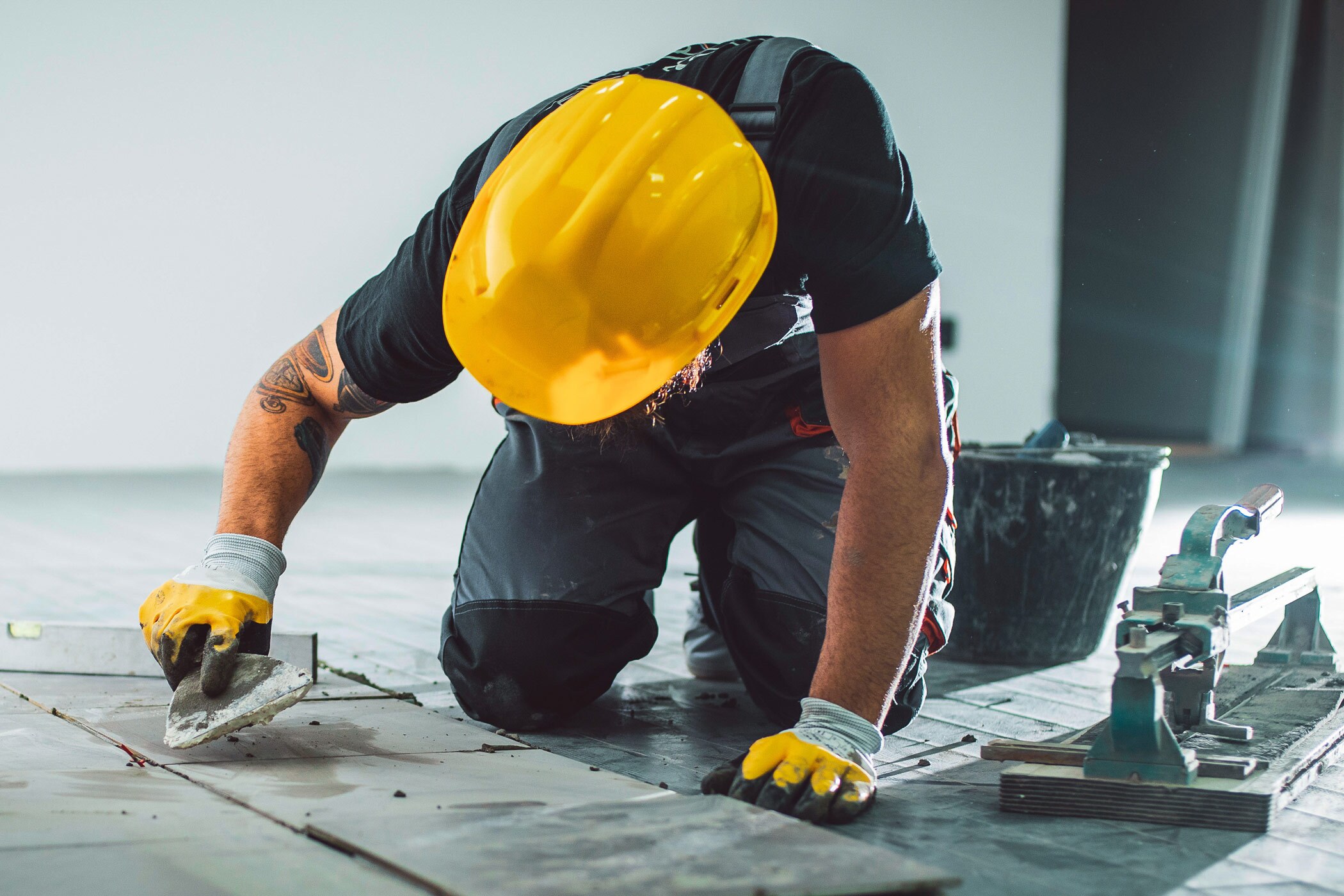ATLANTA — Before beginning a hotel renovation, experts say a clear set of expectations must be established.
This means scheduling kick-off calls right away between owners, project managers, architects, designers and procurement agencies for alignment.
During a panel focused on hotel renovations at the recent Hunter Hotel Investment Conference, Keita Cooper, director of design and construction for IHG Hotels & Resorts' premium brands, said there's many different types of property improvement plans.
Owners that set clear expectations with the brands on the type of PIP being done will more likely complete the project on an expedited timeline.
"What I advise owners to do and their teams is to get the schedule early, right at the project kick-off," he said. "Even if you don't have a [general contractor] on board and you have your design team on board, they can give you a design schedule where they put in not only the design submittals, what the review time will take but also the model room build-out."
His next piece of advice was to get to work immediately after getting plans approved, he said. Make the orders, even if ahead of schedule, to build in a cushion. The schedule also needs demo time so that once the furniture, fixtures and equipment arrives, the teams can go ahead and install that product.
"It's important to have a sense of urgency to get that PIP done. The sooner you can get that PIP done, the quicker your hotel is fully online and can see full potential in terms of generating revenue," he added.
Sarah Churchill, director of business development for purchasing firm Benjamin West, said a hotel owner that has a renovation scheduled to start 18 months from now should at least get the model room build-out in motion.
"There's so many things that are discovered in the model room, it's good to compare two vendors for the same commodity and also to have two countries of origin from each commodity in the model room," she said. "While we have global reach, we're still not smart enough to know if a year from now one country will be experiencing some issues over another country. It's good to have that option going into production."
Churchill said it would be ideal for an owner to hire its purchasing firm and design firm at the same time so they can collaborate on budget expectations and which vendors to use or stay away from.
Knowing which vendors not to use is more important in today's environment, she added.
One of the biggest changes that has happened in the marketplace since the pandemic is the rise in costs and wait times.
Hospitality Logistics International President Benjamin Murphy said some owners haven't properly adjusted their budgets to make up for that. Going forward, he anticipates there will be "strong unpredictability about pricing consistency."
"When an owner sits down and budgets out what they're going to pay for transportation, warehouse and install, there has to be some contingency that's built in there. The marketplace is changing pretty dramatically and consistently," he added. "What we try to do is get in front of if it and say, 'What have you allocated?' Let us validate that so you have that information up-front and we can get the budget a lot more locked-in to what it's actually going to end up being."
The reality is the world is global in terms of supply chain, and Asia and the Far East make up a large supply of factories, though some are popping up in Mexico and Canada as well as Europe, Murphy said.
The problem is scale. If the hotel industry were smaller and U.S. hotels weren't spending $15 billion in capital-expenditure projects per year, it would be easier to source products domestically, he said.
"A lot of the domestic manufacturing in Canada, the U.S. and Mexico is at full capacity. Unless there is a major change within the landscape of manufacturing, overseas is still going to be a pretty dominant option," he said. "Because of that, I think there's constantly going to be issues going forward regarding on-time delivery and execution."
Nearly everyone has gotten comfortable with the Amazon Prime effect, where deliveries are on demand, Murphy said.
"Consciously or subconsciously, that sort of eats into people's minds. I can't tell you the number of times I've got owners call and say, 'Why can't it be there tomorrow? Why can't I have it? I'll airfreight it.'" he said. "Airfreight doesn't mean it comes tomorrow; that's not how that process works."
The motto that stakeholders must live by is, "Don't Sit On Your PIP," said FF&E Consultants owner Charis Atwood.
One of the most significant challenges that Atwood runs into with projects is not enough time for furniture, fixtures and equipment to be delivered, especially if a hotel is undergoing an extensive renovation.
"I can't tell you how many times I'm approached with a schedule and nobody is layering in the months it takes to put in a model room. So you're playing catch-up or your timeline is going to get extended," she said. "In addition to the budgeting up front, make sure [you're working with] someone that knows FF&E lead times, like your purchasing agent or consultant, [and has] put it in your schedule for you."
Atwood's advice is to thoroughly read through the PIP requirements that a brand is expecting from the owner and get consultants on board immediately.
A renovation should be considered a comprehensive plan and not judged by its pieces and parts.
"You'll have a better project plan, you'll know which consultants you need to bring on board. If it's just a furniture refresh, you'll need a purchasing agent and whatnot but there are renovations and PIPs that require architects, fire and life safety consultants, a code consultant, those types of things. Get those conversations started early and come up with a game plan as a team," she said.

